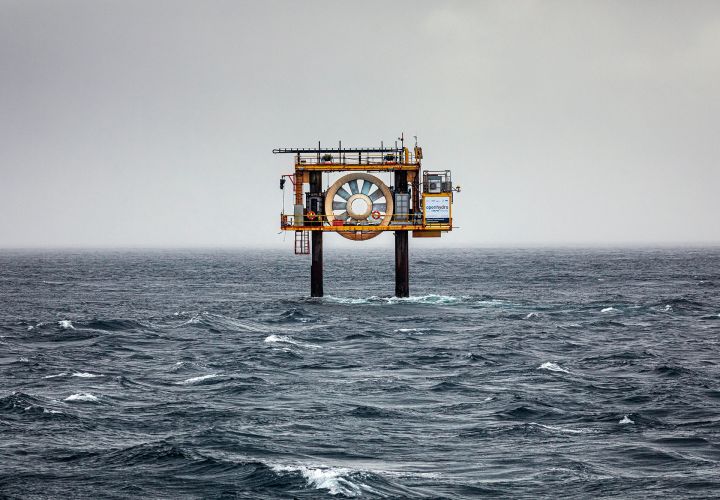
Contribute to the achievement of SDG 6 by unlocking the power of private finance
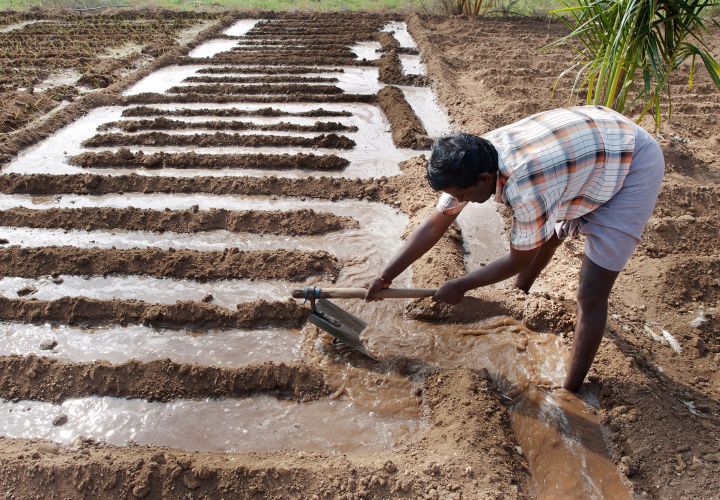
Water management based on principles of sustainable development

Ensure availability and sustainable management of water and sanitation for all

Contribute to the achievement of SDG 6 by unlocking the power of private finance

Water management based on principles of sustainable development

Ensure availability and sustainable management of water and sanitation for all
Water and climate change are inextricably linked. Global warming causes more extreme and unpredictable weather events, and makes water more scarce, while it manifests itself primarily through water impacts - from droughts and associated wildfires to shrinking glaciers, worsening floods and sea level rise.
Threats
While water management has always been instrumental in building resilient ecosystems and prosperous societies, sustainable water management has increasingly become central to the survival of communities, while it has a large role to play in fighting climate change and reducing carbon emissions.
Freshwater resources are threatened by depleting aquifers and saltwater intrusions in lowland areas. Meltwater feeds of many of the great river systems are being threatened by retreating glaciers and disappearing snow and ice caps.
Droughts and wildfires are destabilising communities, triggering civil unrest and migration, while the destruction of vegetation and tree cover exacerbates soil erosion, reducing groundwater recharge, causing further water scarcity and food insecurity.
Increasing demand for water increases the need for energy-intensive water pumping, transportation, and treatment, while water intensive forms of agriculture for food and particularly meat production, further exacerbates water scarcity.
Solutions
It is for these reasons that water should be put at the heart of action plans to combat climate change. Sustainable water management and international coordination to balance the water needs of ecosystems, communities, agriculture and industry, help society adapt to climate change by building resilience, protecting health and saving lives.
Innovative financing solutions for water resource management, are required to support governments, companies and communities to fulfil their water and climate goals and find solutions for water scarcity and impacts.
A broad range of sustainable water solutions are required that are affordable and scalable, moving beyond improving carbon storage in peatlands and mangrove soils, and protecting the national buffers of coral reefs, coastal mangroves and wetlands.
Technological solutions are needed for improved water treatment and purification, increasing the effectiveness of existing technologies, removing trace elements, and medicine residuals, recovery of valuable minerals and elements and compliance with ever stricter norms and regulations.
Aquius Capital unlocks the power of finance for:
Protecting water to protect life. In order to ensure life on earth, we should start by protecting rivers, lakes and seas as well as the aquatic flora and fauna from pollution. This requires investments in technologies to avoid as well as clean up pollution, monitoring and reporting techniques as well as garbage collection and clean-up to stop the flow of trash and pollutants into our oceans as well as retrieval from our oceans.
Coastal protection and river management. In order to protect populations in deltas and coastal areas, traditional engineered solutions, such as dikes and sluices, should be supplemented by innovative systems to create artificial reefs, foreshores, water buffers and wetlands.
Harvesting rainwater. Rainwater capture and storage is particularly useful in regions with uneven rainfall distribution to build resilience and ensure supplies for dry periods. Techniques include rooftop capture for small-scale use, and surface dams to slow run-off to reduce soil erosion and increase aquifer recharge.
Harnessing groundwater. Where ground water is available in unknown quantities, is over-used, or polluted, the exploration, preservation and the sustainable use of groundwater, can help meet the needs of growing populations.
Reusing wastewater. Safely managed unconventional water resources, such as treated wastewater can be used for irrigation, municipal and industrial purposes, while they can provide an affordable source of energy, nutrients and other recoverable materials.
Innovative water treatment. There is an urgent need to improve upon conventional waste water and drinking water treatment, because of rapidly diversifying threats to water quality, such as pesticides, nutrients, medicine residues and chemical substances such as e.g. PFAS. On the other hand waste water contains many components with value to society, such as ammonia, phosphate, alginate, cellulose and biobased polymers. Innovate techniques are needed to regain these valuable materials.
Adopting water-efficient agriculture. Using conservation techniques to increase soil moisture retention and drip-irrigation can save large amounts of water, as are reduction of (post-)harvest losses and waste, while waste can be transformed into a source of nutrients or biofuels.
Development of sustainable shipping. In order to keep our rivers and oceans clean, we support the development of technologies for sustainable transport over water, optimising efficient navigation and minimising the carbon footprint by avoiding exhaust, waste and pollutants such as toxic anti-fouling, as well as the monitoring and reporting of the marine ecology, the weather and currents, as well as pollution.
Desalination. The development of energy efficient desalination techniques will help make water more widely available in arid regions.
Blue Energy. Water has traditionally provided energy from streams and reservoirs. Innovative techniques for tidal energy, energy from waves and salinity gradient power, can be developed further to become an integral part of the renewable energy mix.
We care about our planet
Aquius provides impact investments for companies that support the Sustainable Development Goals of the United Nations, with a focus on SDG6 to ensure the availability and sustainable management of water and SDG13 to take urgent action to combat climate change and its impacts
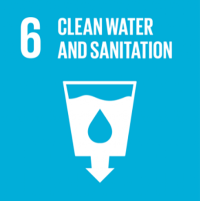
Ensure availability and sustainable management of water and sanitation for all
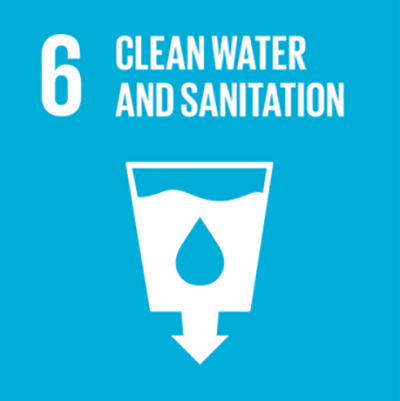
Ensure availability and sustainable management of water and sanitation for all
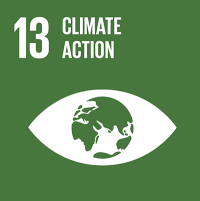
Take urgent action to combat climate change and its impacts
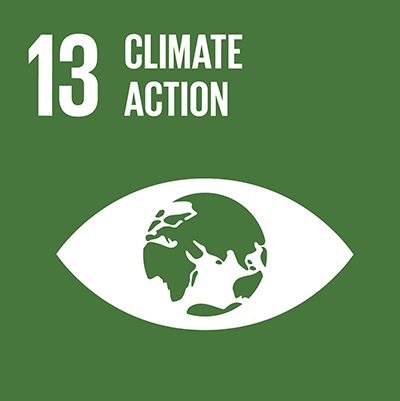
Take urgent action to combat climate change and its impacts


